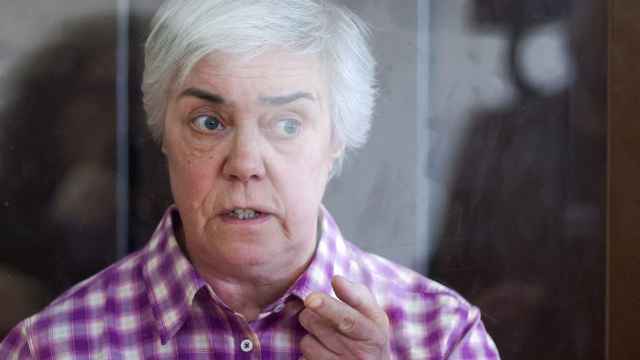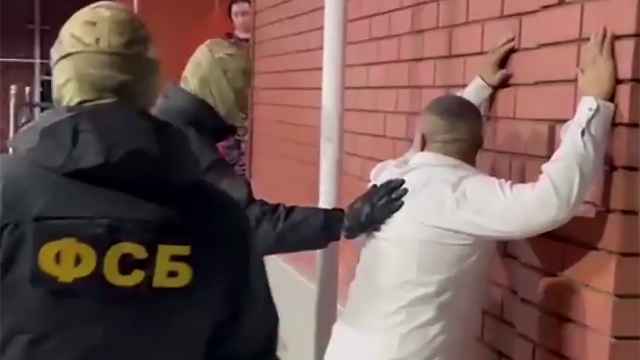The Central Bank is spending about $200 million a day buying foreign currency to slow the ruble's best start in at least 19 years, according to estimates by Citigroup, as a stronger currency helps spur record demand for the country's local bonds.
Russia's currency has gained 7.5 percent against the dollar so far this year, the most since Bloomberg began compiling the data in 1993, helping domestic bonds outperform the biggest emerging markets and spurring record demand at debt auctions.
Investors are flooding back to the world's biggest energy supplier enticed by an 11 percent rise in Urals crude, the country's chief export, this year and a government ruling that eases access to domestic bonds for foreigners. Last year, the currency tumbled the most since 2008 amid the largest anti-government protests of Prime Minister Vladimir Putin's 11-year tenure and as Europe's debt crisis worsened.
"Bonds and the ruble have benefited this year from the relatively quiet political situation in Russia at the moment," Sergei Dergachev, who helps oversee $8.5 billion in emerging market funds including ruble bonds at Union Investment Privatfonds in Frankfurt, said late last week. "We have also had high oil and commodity prices and, of course, the positive global risk picture."
Union Investment plans to invest in Russia's domestic government debt this year as the market is liberalized, he said.
The Central Bank, which has a policy of limiting currency volatility, may have purchased a total $1.1 billion in foreign currencies in the past two weeks to stem the ruble's gains, according to Societe Generale's Russian unit.
Ruble-denominated notes have gained an average 3.2 percent in 2012, according to JPMorgan Chase indexes.
The Finance Ministry received 192 billion rubles ($6.4 billion) of bids for the 35 billion rubles of domestic debt due 2021 it auctioned on Feb. 1, according to data on its website, the highest demand ratio on record. The ministry offered 35 billion of the same bonds on Feb. 8 and received bids worth 92 billion rubles.
Investors have also been attracted by signs inflation is slowing, according to Vladimir Kolychev, Rosbank's chief economist. Russia's consumer price inflation decelerated to 4.1 percent in February, the lowest since the collapse of the Soviet Union.
The Central Bank buys and sells foreign currencies to manage the ruble within a floating corridor against a basket of about 55 percent dollars and 45 percent euros. A rate between 34.70 and 33.87 against the basket at the corridor's current levels indicates that the regulator is buying $50 million to $150 million a day, and the Central Bank may have bought about $1.1 billion since the ruble breached the 34.70 level on Jan. 26, according to Rosbank, Societe Generale's Russian unit.
Before Jan. 26, the Central Bank last intervened to weaken the ruble in August, according to VTB Capital's estimates.
A Message from The Moscow Times:
Dear readers,
We are facing unprecedented challenges. Russia's Prosecutor General's Office has designated The Moscow Times as an "undesirable" organization, criminalizing our work and putting our staff at risk of prosecution. This follows our earlier unjust labeling as a "foreign agent."
These actions are direct attempts to silence independent journalism in Russia. The authorities claim our work "discredits the decisions of the Russian leadership." We see things differently: we strive to provide accurate, unbiased reporting on Russia.
We, the journalists of The Moscow Times, refuse to be silenced. But to continue our work, we need your help.
Your support, no matter how small, makes a world of difference. If you can, please support us monthly starting from just $2. It's quick to set up, and every contribution makes a significant impact.
By supporting The Moscow Times, you're defending open, independent journalism in the face of repression. Thank you for standing with us.
Remind me later.





